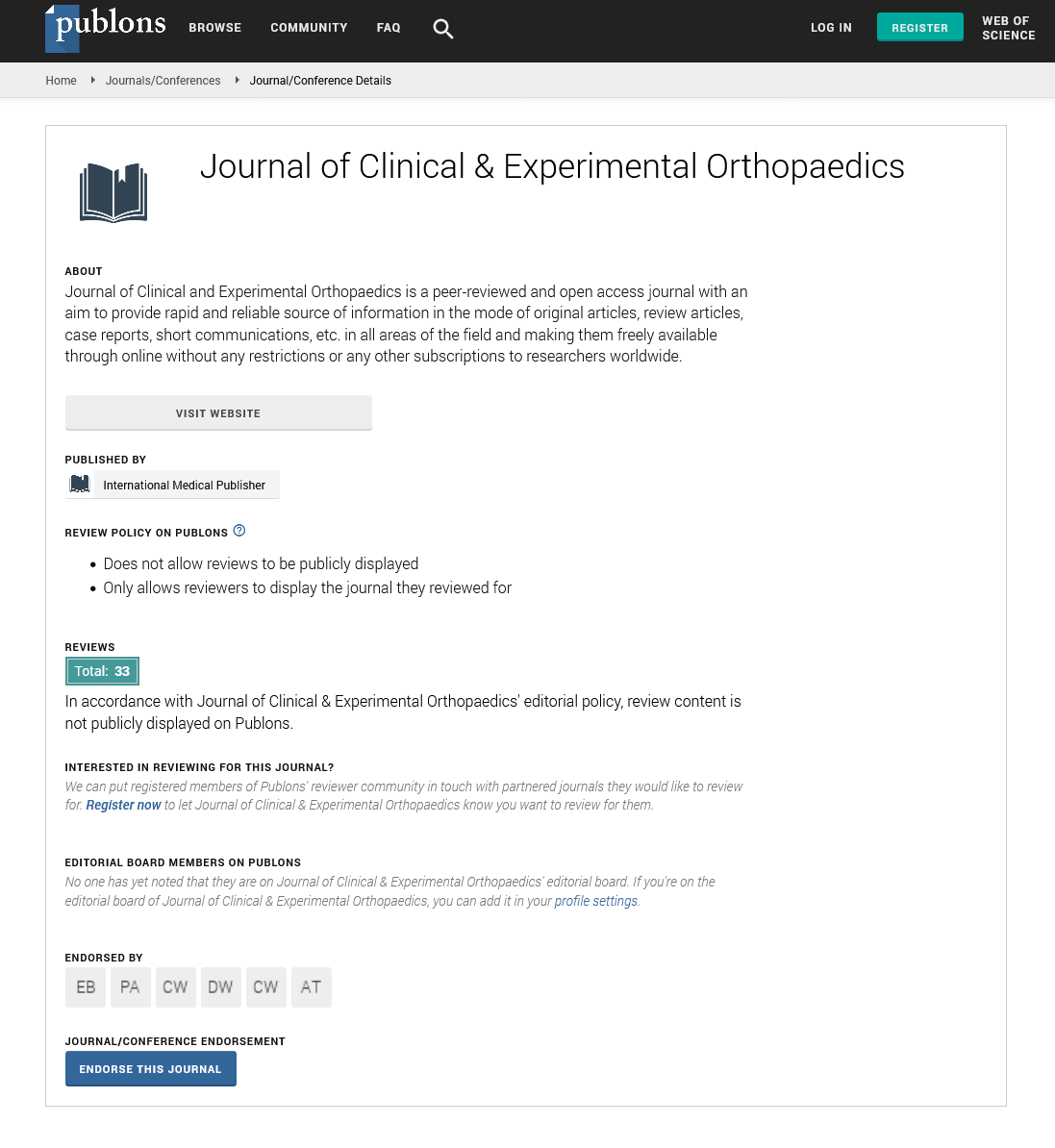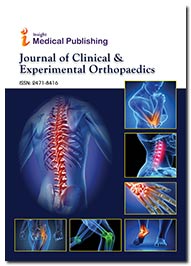Abstract
Historical Perspective of Distal Radius Fracture Classifications in the Twentieth Century
For many years, distal radius fractures have been an important skeletal injury that has raised debate in the instance of its classification and management. The interest in the evaluation and treatment of distal radius fractures resides not only in the fact of its rising incidence, but also in the increasing development of diagnostic and treatment methods. The mechanisms of injury resulting in distal radius fractures differ in energy, but result in important injuries that can complicate the outcome of each patient. Several classifications have been described throughout history, to recognize fracture patterns, determine associated injuries, and develop a treatment plan. The ideal classification should aid in treatment decision, and have inter and intraobserver reliability, as well as prognostic value. The following review describes the historical perspective of distal radius fracture classifications in the 20th century.
Author(s):
Maria Bregni, Mario Cahueque and Andres Cobar
Abstract | Full-Text | PDF
Share this

Google scholar citation report
Citations : 161
Journal of Clinical & Experimental Orthopaedics received 161 citations as per google scholar report
Journal of Clinical & Experimental Orthopaedics peer review process verified at publons
Abstracted/Indexed in
- Google Scholar
- China National Knowledge Infrastructure (CNKI)
- Directory of Research Journal Indexing (DRJI)
- WorldCat
- Publons
- Geneva Foundation for Medical Education and Research
- Secret Search Engine Labs
Open Access Journals
- Aquaculture & Veterinary Science
- Chemistry & Chemical Sciences
- Clinical Sciences
- Engineering
- General Science
- Genetics & Molecular Biology
- Health Care & Nursing
- Immunology & Microbiology
- Materials Science
- Mathematics & Physics
- Medical Sciences
- Neurology & Psychiatry
- Oncology & Cancer Science
- Pharmaceutical Sciences


